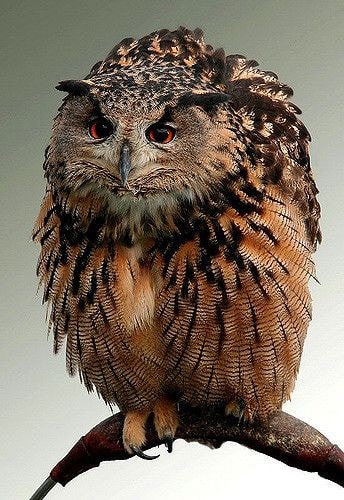Página inicial > Sophia Perennis > Frithjof Schuon > Schuon: L’histoire du Paradis
 Schuon: L’histoire du Paradis
Schuon: L’histoire du Paradis
segunda-feira 24 de novembro de 2008, por
Original
Tout le drame qui se joue entre l’Infini et l’Existence se trouve symbolisé dans l’histoire du Paradis terrestre. Le désir d’Adam - cause de péchés, mais non péché lui-même, selon l’Islam - est comme l’ombre du principe de contradiction ou de néant impliqué dans l’infinité divine; ce principe n’est point le mal, mais il en est la lointaine source métaphysique puisqu’il est la cause du monde en tant que « dédoublement » du Réel, séparation, éloignement.
Tout le problème est dans le fait que le serpent se trouvait au Paradis. S’il n’y avait pas été, le Paradis eût été Dieu, ou plutôt, il n’aurait pas pu avoir d’existence séparée. Exister, c’est ne pas être Dieu, donc être « mauvais ». (Frithjof Schuon , Perspectives spirituelles et faits humains)
Cutsinger
The whole drama played out between the Infinite and Existence is symbolized in the story of the earthly Paradise. Adam’s desire—the cause of sins but not itself sin, according to Islam—is like the shadow [52] of the principle of contradiction or nothingness implicit in the divine infinity; this principle is not itself evil, but it is the distant metaphysical source of evil since it is the cause of the world insofar as it is a “splitting into two” of the Real, separation, remotion.
The whole problem lies in the fact that the serpent was in Paradise. If it had not been there, Paradise would have been God, or rather it would not have had any separate existence. To exist is not to be God, hence to be “bad”.
 PhiloSophia
PhiloSophia